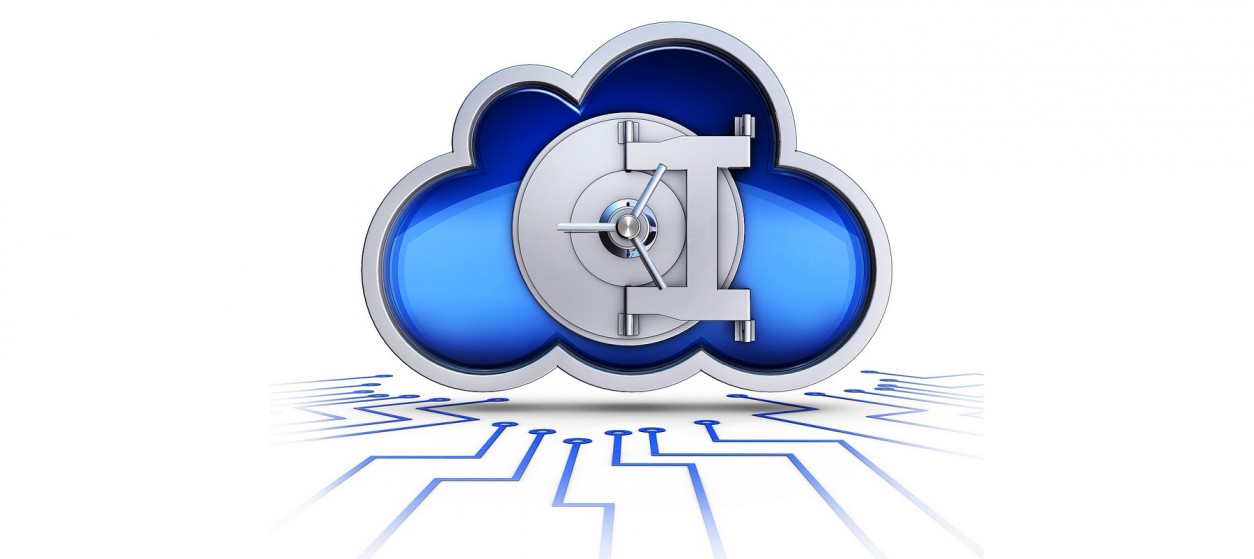Threat to the data security of customers has become alarming with the rise in usage of cloud computing services. The problem is grave when it comes to corporate users. There have been many incidences reported on security breach. The iCloud account of a reporter from Wired Magazine was hacked and it was used to wipe out all his information on his iPhone, iPad and MacBook. Moreover, the DropBox scam is very well known across the software community where hackers pulled out a list of email addresses from a DropBox employee’s account.
There are many reasons for you to be worried about security breaches in the cloud. First and foremost, your sensitive data is being looked-after by a third party whom you hire just on a trust basis without knowing the security system in place. Secondly, your employees are working from remote locations using the systems that seem secured from their perspective with regular sharing of files with outside parties. Furthermore, there is always the threat of cyber attacks, insider leaks, government intrusion and lack of security-standards for cloud-service providers. So, it is vital to take some steps to make your corporate data safe and secure in the cloud.
Let us take a look at the vital steps that should be taken by your company:
1. Keeping sensitive information and materials out of cloud
The assurances don’t really work when the critical trade secrets are at stake. Despite strong barriers, access to cloud servers can be gained by malicious hackers. The best bet is keep your sensitive information secured with yourself either in a hard disk or your own server with proper back-ups. Nonetheless, always go through the security guidelines and security system installed by the provider. Find out how much preference they actually give to data security before risking your data.
2. Offering limited access to sensitive data
Put in place the access control system with the help of cloud service provider. Have a clearly defined designation and accessibility system in your organization. Limit the access to sensitive data only to administrative users. In case, other users need that information, the access should be granted by the administrative user only. This ensures that your critical data is not available with every employee of the company but the right person.
3. Backing up all sensitive files and folders
The business information especially related to the clients forms the backbone of your business. It is agreeable that file sharing and syncing is one way to keep your information available on all the connected devices, it does not provide you any security if the cloud account itself is hacked. The data can easily be wiped off from the devices. This also holds true in the event of server crashes. Do a reality-check and safely carry out regular backup on password protected hard drives and company owned servers.
4. Setting up difficult-to-guess passwords
Even the toughest 16-character long password is vulnerable to breach by expert hackers. But that does not mean that you should make their jobs easier. Use a combination of lower-case, upper-case letters, numbers and special characters to form a password. Keep a minimum length of 10-character. Don’t leave any opportunity for them to guess the password.
5. Implementing a powerful encryption plan
The data stored on cloud servers is accessed through various kinds of devices like tablets, smartphones, laptops and desktops. Make sure that you implement a powerful encryption plan which includes password protected files, zipped files and encryption software that makes file accessibility nightmarish for the hackers.
6. Sorting out personal from corporate data
Companies should have a strict policy of data accessibility. Employees may use their own devices like tablets and phones which you deem unfit for use for accessing company information. The same should be clearly intimated to them to avoid any security breach.
Conclusion
Take all the necessary steps to safeguard your critical information which is actually in your business interest. The hackers will keep on devising new ways of cracking softwares and invade data storage. Communicate regularly with your employees to update them about security measures to be taken by them and liability associated with breach. Thus, every corporation needs to be proactive in adopting advanced security measures to protect valuable business information that goes into the cloud.










